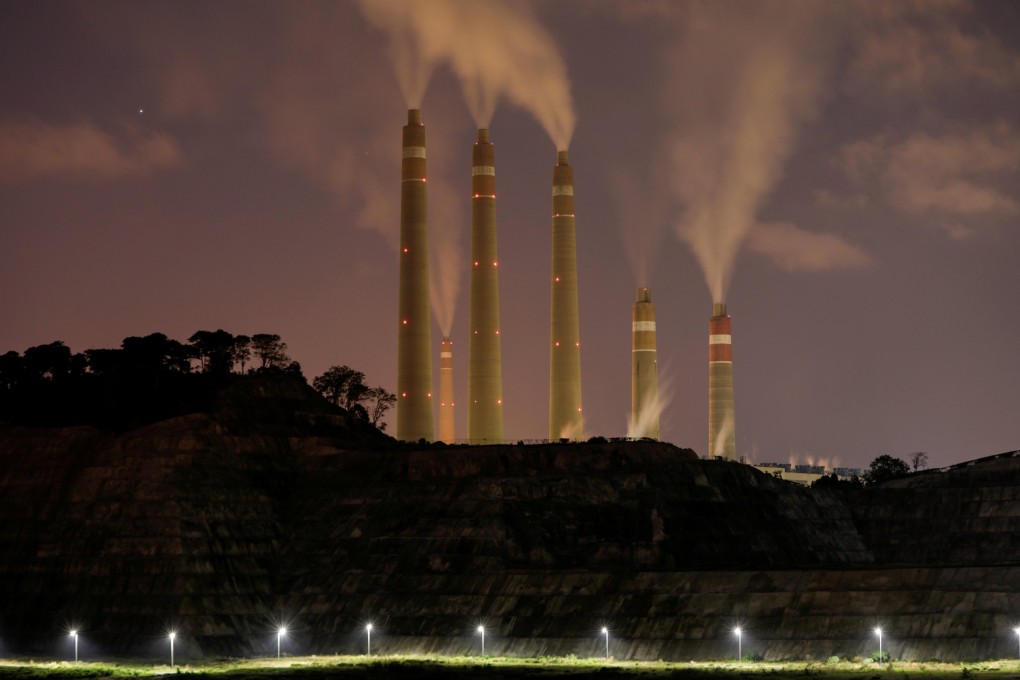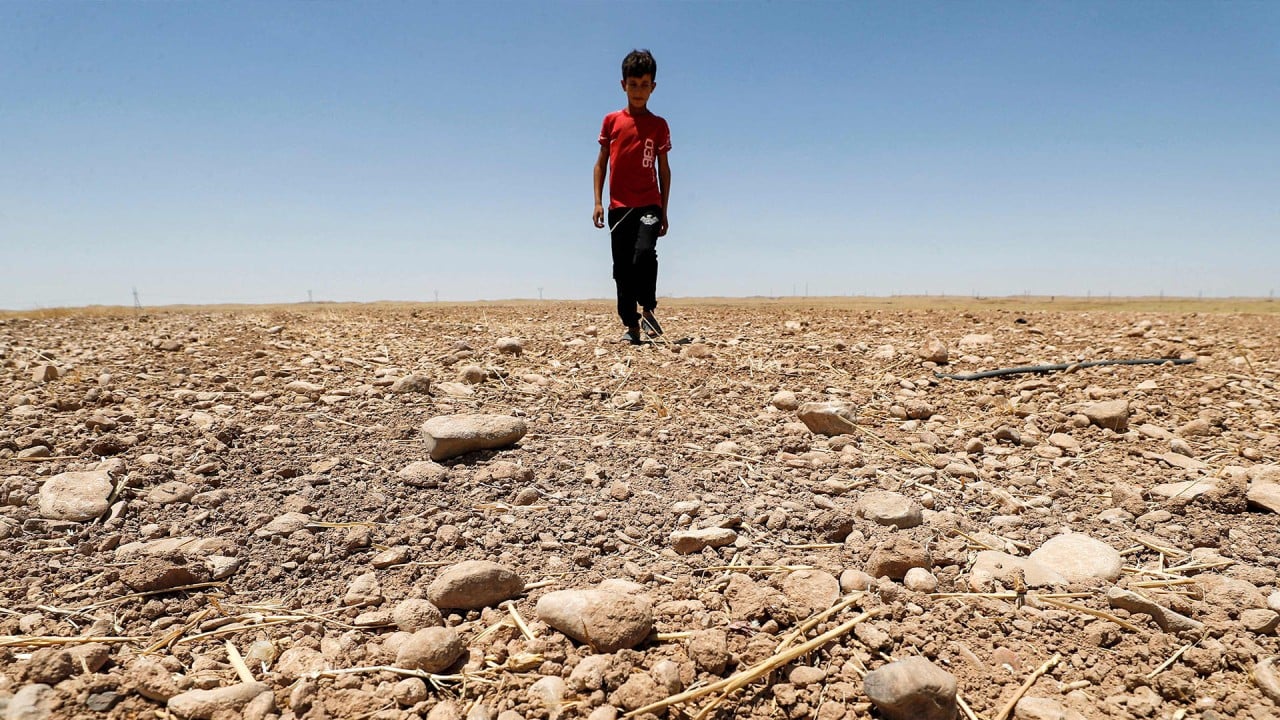Advertisement
The View | Climate change: why hastening Asia’s shift to green energy will not be easy
- Perceived risks to economic growth, delays in enacting green policies and reluctance to abandon cheap, reliable fossil fuels are slowing Asia’s transition
- Asia is central to the global green energy agenda, so efforts must include policies that help developing countries afford the shift
Reading Time:3 minutes
Why you can trust SCMP
3

Even as world leaders at the recent UN High-Level Dialogue on Energy discussed steps to accelerate the global transition to green energy by 2030, there is little evidence that this shift will be fast enough in Asia.
According to a recent commentary by Fitch Solutions Country Risk and Industry Research, some US$1.26 trillion has been earmarked for projects in Asia’s energy and utilities sector, with over 94.5 per cent of that for power projects.
While the demand for power is poised to increase, it is equally anticipated that carbon-neutral commitments will accelerate the energy transition. The question is whether it will be fast enough, and at what risk.
Accelerating the green transition means potentially risking lower economic growth in the short term. Uneven access to vaccinations and waves of new Covid-19 variants have weakened the growth momentum across the region.
According to the Asian Development Bank’s updated outlook for 2021, the region’s economy is expected to expand at a slower rate than forecast earlier in the year. This trend represents a threat to Asia’s transition goals.
Increased perceptions of a trade-off between the green energy transition and income inequality accelerated by the Covid-19 pandemic are likely to reduce the buy-in from countries.
Advertisement

